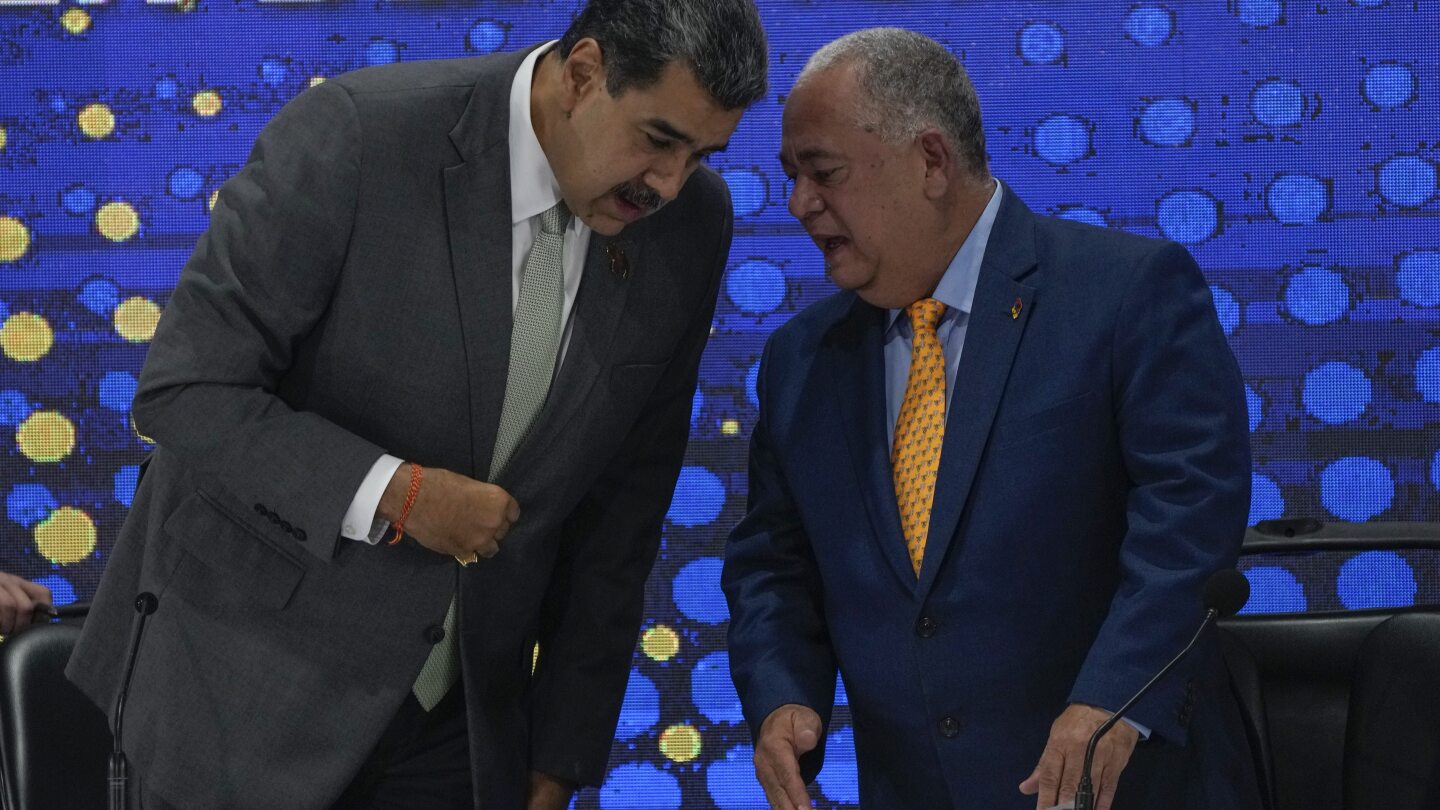- cross-posted to:
- [email protected]
- cross-posted to:
- [email protected]
Venezuelan President Nicolás Maduro on Tuesday directed the country’s state-owned companies to “immediately” begin to explore and exploit the oil, gas and mines in Guyana’s Essequibo region, a territory larger than Greece and rich in oil and minerals that Venezuela claims as its own.
The announcement came a day a day after Maduro got the victory he sought in a weekend referendum on whether to claim sovereignty over the region.
Maduro said he would “immediately” proceed “to grant operating licenses for the exploration and exploitation of oil, gas and mines in the entire area of our Essequibo.” He also ordered the creation of local subsidiaries of Venezuelan public companies, including oil giant PDVSA and mining conglomerate Corporación Venezolana de Guayana.



Korean DMZ has entered the chat
Hah! I see the logic, but I think that happened only because the big powers backing each Korea couldn’t push the proxy war to overwhelm each other either way… But then again, I could be wrong, and that could be a viable option here, I really don’t know… The less buried mines on earth, the better, but when you’ve got 1/4 of the population of your enemy, you don’t exactly have the privilege of fighting traditionally either…
You misunderstand.
The UN intervened on the side of South Korea after the Soviets walked out of the Security Council in protest… and failed to account for the fact that the council was not only still in session, and that votes taken in their absence would still be valid, but also that they hadn’t vetoed anything, which you need to do explicitly. So, the UNSC voted to help South Korea defend itself against North Korea (and, eventually, Mainland China, which did not at the time have a permanent seat on the UNSC).
The UN was directly involved in the Korean War, and TONS of countries sent forces in support of the mission (though, admittedly, SK themselves and the US did most of the heavy lifting).